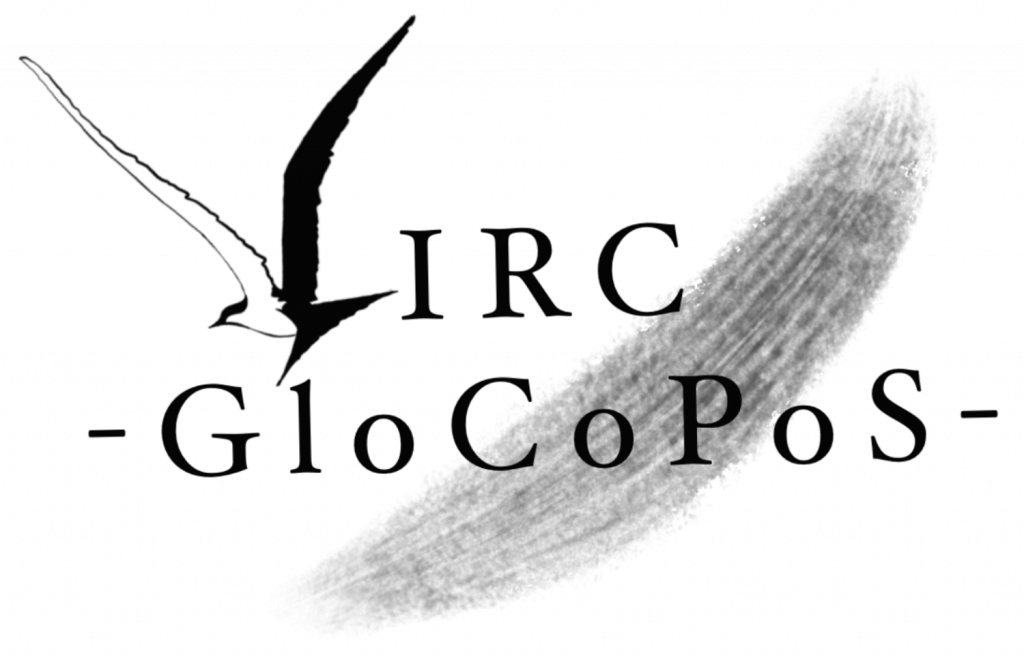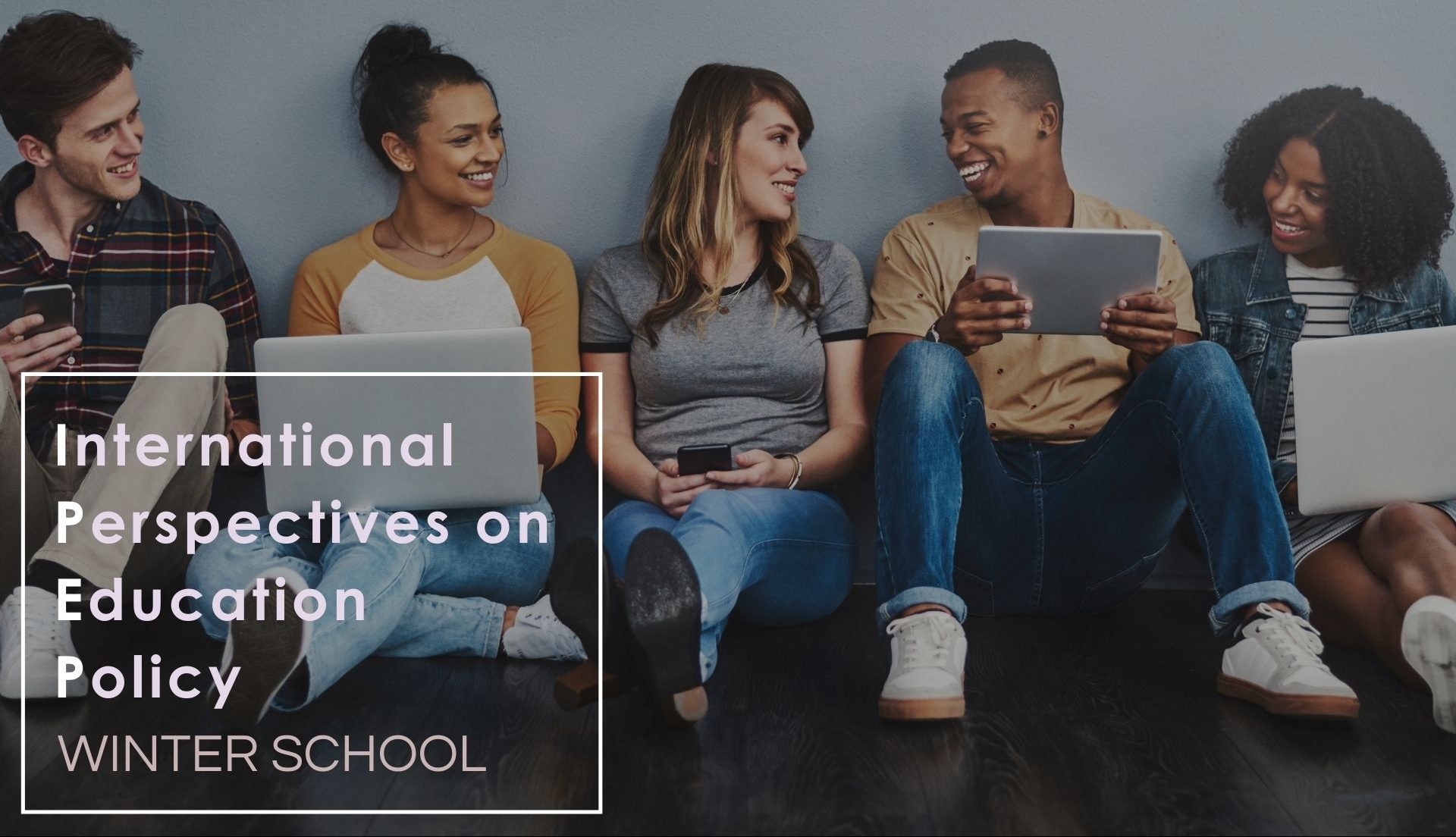
5th-10th February 2023
V IPEP Winter School considers theories and methods relevant across the field of educational policy research, with a focus on Global Citizenship Education.
Lectures and discussions on theories and methods will be supplemented with hands-on experience on education policy analysis. During the Winter School, all students will be involved in a small case study on global citizenship education, facilitated by fieldwork, and joint data analysis. This approach has proved very successful in the past years, where we have had participants from all over the world, who have been particularly pleased with its strongly practice-based character.
IPEP provides participants with an opportunity to learn about, and discuss:
- The nature and the role of ‘theory’ in the understanding of educational policy
- The relationship between global, national, and institutional policy and governance in education
- The strengths and limits of document analysis, discourse analysis and educational ethnography to investigate education policy
- Current understandings and policy on global citizenship education, their consequences, and educational responses to them
- Urgent education policy issues in the countries represented by the participants
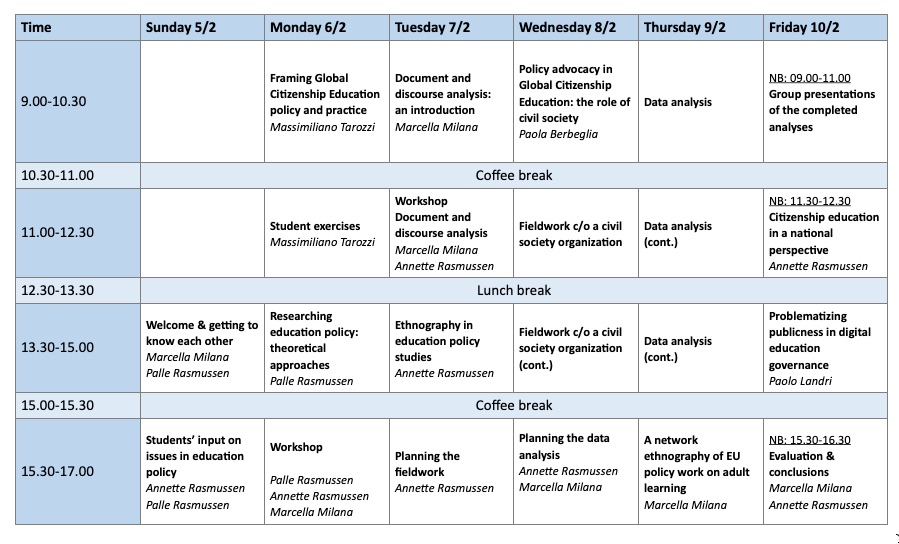

Marcella Milana (Director)
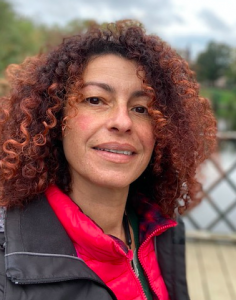
Marcella Milana is Associate Professor at the University of Verona, Italy, where she directs the International Research Centre for Global and Comparative Policy Studies on the Education and Learning of Adults (IRC-GloCoPoS), and Honorary Professor of Adult Education at the University of Nottingham. Her research deals with the politics, policy and governance of adult education and learning, from comparative and global perspectives.
Annette Rasmussen
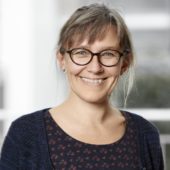
Annette Rasmussen is Associate Professor at the Department of Learning and Philosophy, Aalborg University. Her research interests include ethnographic approaches to education policies and practices; especially issues of socialisation, evaluation, pedagogic and social differentiation, and inequality in education. In recent research and publications, she has focused on policies and practices of performativity and talent development.
Massimiliano Tarozzi
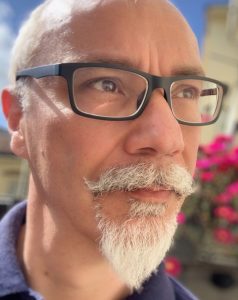
Massimiliano Tarozzi is UNESCO Chair in Global Citizenship Education in Higher Education. He is full Professor at the University of Bologna where he is founding director of the International Research Centre on Global Citizenship Education (GCED). He is member of the Advisory Board and Coordinator of Academic Network on Global Education and Learning.
He has been studying in the field of intercultural education for more than 20 years and has extensively published on the topics of global citizenship education, intercultural education, citizenship education, social justice education, and qualitative research methods.
He has been teaching GCED in various MA programmes both in Bologna and at the institute of education in London and he has been regularly invited as visiting professor in several international universities including UCLA, Seattle, Harvard, USP, São Paulo, Normal Beijing University.

Palle Rasmussen
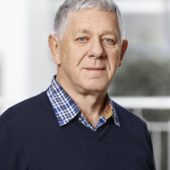
Palle Rasmussen is emeritus professor of education at the Department of Learning and Philosophy, Aalborg University. His research areas include education policy, lifelong learning, comparative education, educational evaluation and broader social issues. He has been active in several European research networks, for instance the standing network on ‘Policy studies and the politics of education’ in the European Educational Research Association (EERA).
Paola Berbeglia
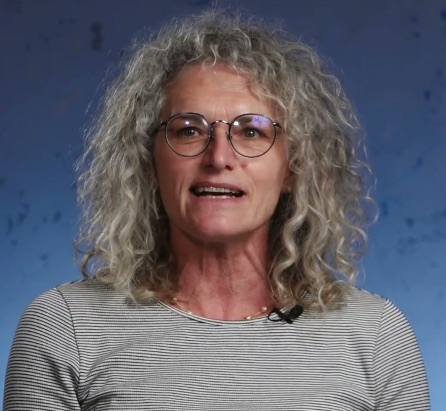
Paola Berbeglia, President of CReA onlus and Concord Italia, member of Concord Eu board for the second time, is a cognitive anthropologist with a PhD in Experimental Pedagogy, global education and intercultural processes expert, facilitator and trainer. She has decades of experience as a lecturer in presence and online for universities and research centers, and a list of 36 publications. Paola is cognitive mediator for the Feuerstein Center Studies (ICELP), enabled to use the Instrumental Enrichment Program (PAS) and its diagnostic instrumentation (LPAD). She is activist, planner, manager and coordinator of several international, European, national and local development projects in social, health and educational sectors, mainly about Global Citizenship Education.
Paolo Landri
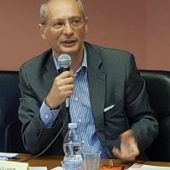
Paolo Landri is a senior researcher at the CNR-IRPPS, National Research Council Institute of Research on Population and Social Policies, and is the deputy director of the Research Unit in Fisciano (Salerno). Recently, his main research interests have concerned educational organizations, professional learning and educational policies. He is now involved in national and international research projects on the new morphology of schools, and in particular on the transformations of educational settings triggered by digital technologies and platforms.
Who can apply
Advanced master students, PhD students, postdoctoral fellows, and researchers of policy in all areas of education.
How to apply
Fill the on-line form available here by October 15th, 2022.
You will be asked to upload a brief CV (1 pages), accompanied by a letter describing your current area of studies, research or professional activity, and your motivation in participating to IPEP (2 pages).
IPEP Faculty will select candidates and confirm acceptance by November, 1st, 2022.
Approved candidates should register (free of charge) by November, 7th, 2022.
Enrollment is free of charge. Participants should cover their own travel and accommodation costs, as well as all lunches and dinners.
- Attend the full programme on site, and
- Submit a short essay by March 10th, 2023.
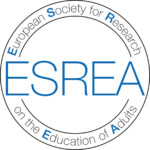
We are delighted to have received funds from the European Society for Research on the Education of Adults (ESREA) to provide up to 4 travel bursaries of € 300 for PhD students (or equivalent) who will be attending the IPEP Winter School 2023.
The ESREA Travel Bursary are awarded based on the quality of the application, country representation, and attention to diversity, and are intended to support costs for travel, accommodation and other living expenses (e.g. lunches and dinners).
The bursary recipients are required to provide ESREA with evidence of what the bursary was spent on, after the event.
Eligibility Criteria
In order to be considered eligible to apply for an ESREA Travel Bursary, applicants must be an individual or institutional ESREA member (to join ESREA or renew your membership, please click here);
Notification of award recipients will take place at the time of selected candidates are confirmed acceptance (1st November 2022).
Interested applicants must apply for ESREA Bursary in the application form.
IPEP Winter School is promoted by University of Verona (Italy) and Aalborg University (Denmark). This edition is also enriched by the collaboration with the Unesco Chair in Global Citizenship Education in Higher Education (University of Bologna, Italy).
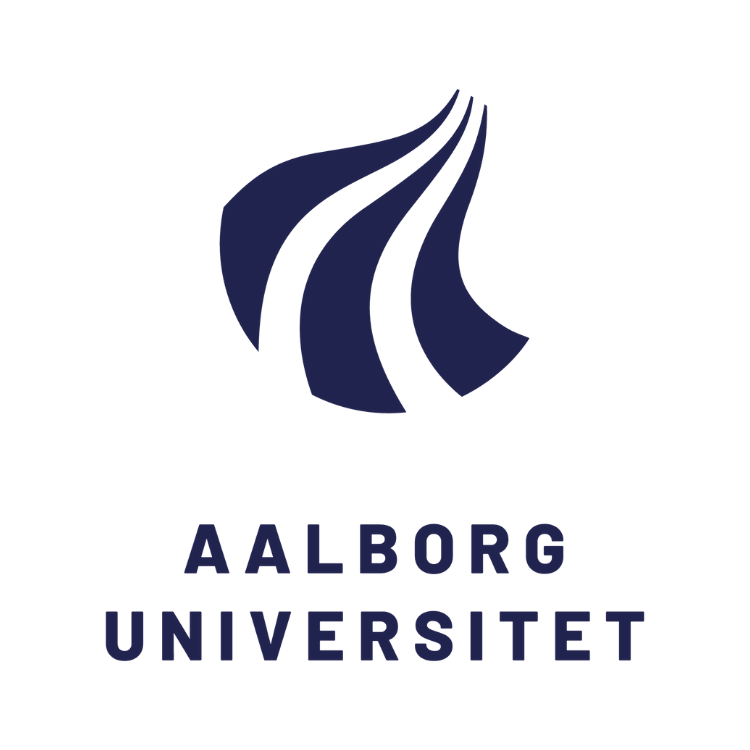

For more information: winterschool-ipep@ateneo.univr.it
